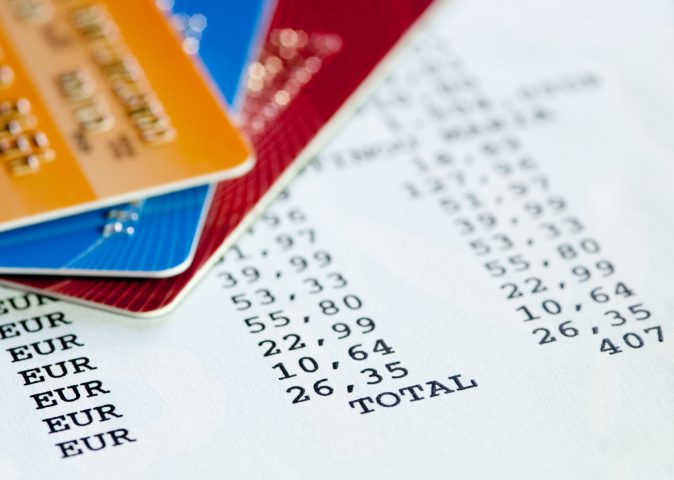Having just survived Hurricane Irma in (now sunny) Tampa, FL, this read from NASDAQ.com hits a chord. The hurricane will boost up revolving debt once again.
Florida was frenzied as the hurricane loomed around Cuba last week. As everyone stocked up non-perishables from Publix and Winn-Dixie, it was impossible to find cases of water. I ended up buying four cases of Perrier, more as a household placebo than emergency stock.
We had no damage but got to experience life with no electric, hence no air conditioning, for 3 days. The extent of damage was nothing more than about 60 pounds of leaves and debris that filled our pool. This is not something Northerners give solace to but it does take hard work to clean out the mess.
This article presents an argument that consumer debt will increase as a result of incremental purchases to prepare and clean up after the hurricane. The thought process is interesting as it ties hurricane expenses to the classic “broken window fallacy.” Expenses paid to repair damage are at best a zero sum game in their social benefit.
-
There is correlation between consumer credit growth and GDP – except during the 2001 recession.
-
Is all this going to be changed by Hurricanes Harvey and Irma? Most consumers with damage must borrow money to repair the damage to their residences and their cars.
-
Expect a surge in consumer credit outstanding over the coming months.
Some estimates are that Hurricanes Harvey and Irma brought more than $200 billion in damage. On a GDP basis, that adds potential spending, but is offset by days when no one could shop.
-
But the economic affects are tremendous. Beginning Thursday 07 September – the Florida economy collapsed.
-
Little was left in stores or gas stations and schools closed. A week later, a significant portion of small business still has no power or deliveries. So in the short term there will be a loss to the economy as 10% of the population of the USA was affected by Harvey and Irma.
-
additional spending to prepare for a disaster (if applicable) – less money to spend on other things this month
-
economic activity during the disaster and the immediate aftermath spending to repair or replace.
Anyway you put it, Florida was lucky to get beyond Irma. Don’t forget that no electricity means no credit card authorization process.
Overview Brian Riley, Director, Credit Advisory Service at Mercator Advisory Group
Read the full story here









